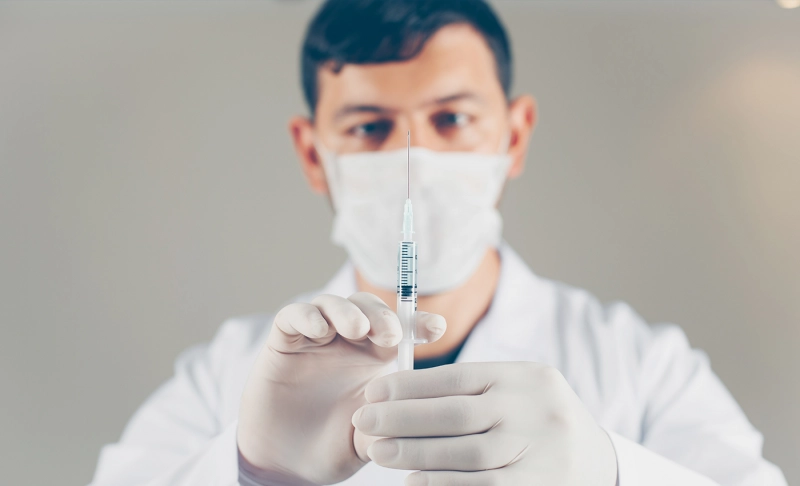By: Annie Priya
December 22 2020

A government can mandate compulsory vaccination during a public health emergency, but it is contested as being unethical.
A government can mandate compulsory vaccination during a public health emergency, but it is contested as being unethical.Scientists worldwide are testing whether drugs previously developed to treat other viral infections might also be effective against COVID-19. Some countries have made vaccines mandatory to get immunized against the COVID-19, while other countries have not. Legal and public health expert Joanne Rosen said in an interview that states have the legal and constitutional authority to order people get vaccinated once it is available. In the United Kingdom, the legislation gives the government powers to prevent, control, or mitigate the spread of an infection or contamination. However, it explicitly states that regulations cannot require a person to undertake medical treatment, including vaccination. But in Australia, the government has made vaccines mandatory for everyone. Although, making vaccination mandatory for COVID-19 depends on a country and it's legislations, states and employers can enforce it. For instance, hospital workers require some staff to get a flu or hepatitis B vaccine. Universities may also make students, faculty and staff receive immunized for certain diseases. Schools may have the same requirements for children. The question of enforcing vaccination first arose in 1905 amid an outbreak of smallpox in Cambridge, Massachusetts. When the state's authority were to enforce vaccination, a case in the U.S. Supreme Court called Jacobson v. Massachusetts was registered which introduced a law requiring all adults to be vaccinated against smallpox. They would have to pay a fine of $5 if they didn't get vaccinated. The COVID-19 pandemic has given rise to a lot of potentially dangerous misinformation. For reliable advice on COVID-19 including symptoms, prevention and available treatment, please refer to the World Health Organisation or your national healthcare authority.